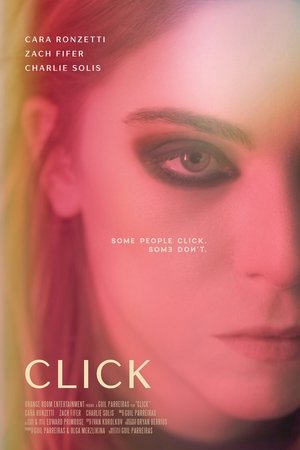
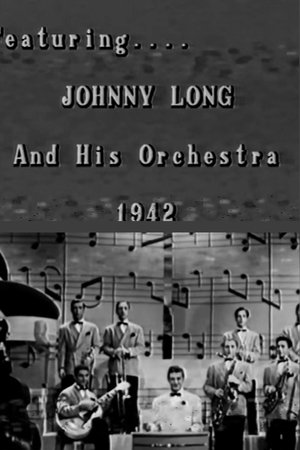
Johnny Long and His Orchestra(1942)
Helen Young sings, and Johnny Long leads his orchestra as they perform a song.

Movie: Johnny Long and His Orchestra
Top 4 Billed Cast
Self - Orchestra Leader
Self - Vocalist
Self - Vocalist
Self - Vocalists

Johnny Long and His Orchestra
HomePage
Overview
Helen Young sings, and Johnny Long leads his orchestra as they perform a song.
Release Date
1942-09-04
Average
0
Rating:
0.0 startsTagline
Genres
Languages:
EnglishKeywords
Similar Movies
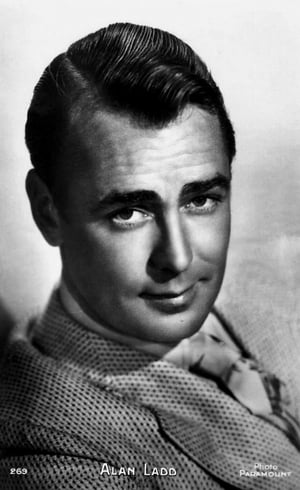 7.5
7.5I Look at You(en)
Alan Ladd was discovered by Sue Carol for his incredible voice in radio. And then she married him. In I Look At You, he is sweet and graceful. And at the very beginning of his career in film. He sings and leads Rita Rio's all-girl band while she dances around him.
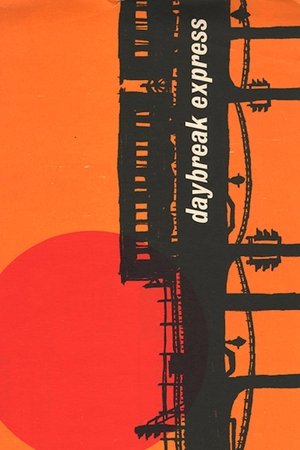 7.3
7.3Daybreak Express(en)
Set to a classic Duke Ellington recording "Daybreak Express", this is a five-minute short of the soon-to-be-demolished Third Avenue elevated subway station in New York City.
One Night Only(en)
A romantic drama about two couples shifting sexual dynamics over one night in a music bar.
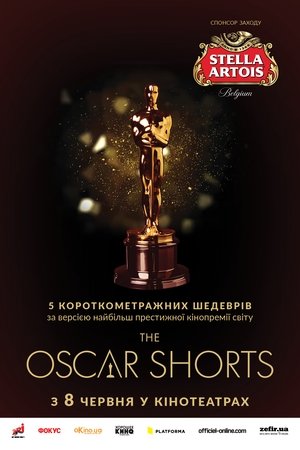 6.9
6.92017 Oscar Nominated Short Films - Live Action(en)
The 2017 OSCAR® nominated short films, live action: Midenki (Sing), Silent Nights, Timecode, Ennemis Interieurs (Enemies Within), La Femme et le TGV (The Woman and the TGV).
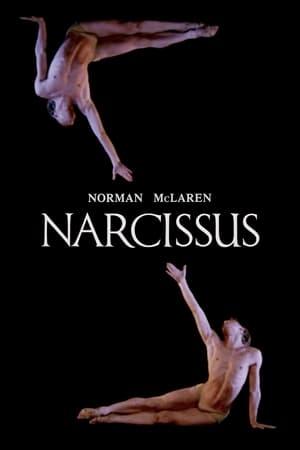 5.2
5.2Narcissus(en)
In this short film by Norman McLaren, dancers enact the Greek tragedy of Narcissus, the beautiful youth whose excessive self-love condemned him to a trapped existence. Skilfully merging film, dance and music, the film is a compendium of the techniques McLaren acquired over a lifetime of experimentation.
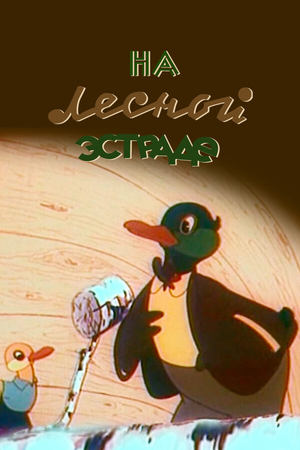 0.0
0.0On the Forest Stage(ru)
The animated film was created based on the fables of Sergey Mikhalkov "Cautious birds" and "Hare in the hops." Drake with his assistants arranges a performance on the forest stage for animals. He tells fables about forest dwellers from the stage.
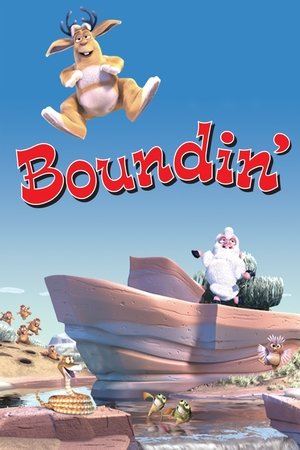 6.5
6.5Boundin'(en)
On a high mountain plain lives a lamb with wool of such remarkable sheen that he breaks into high-steppin' dance. But there comes a day when he loses his lustrous coat and, along with it, his pride. It takes a wise jackalope - a horn-adorned rabbit - to teach the moping lamb that wooly or not, it's what's inside that'll help him rebound from life's troubles.
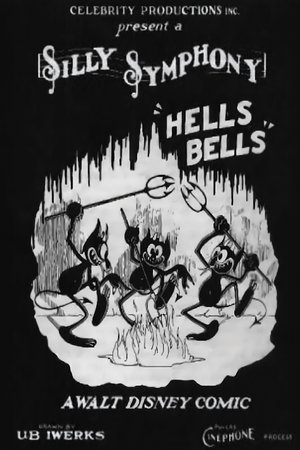 6.5
6.5Hell's Bells(en)
The demons of hell play music for Satan, whose delight turns to wrath when an insubordinate refuses to become food for Cerberus.
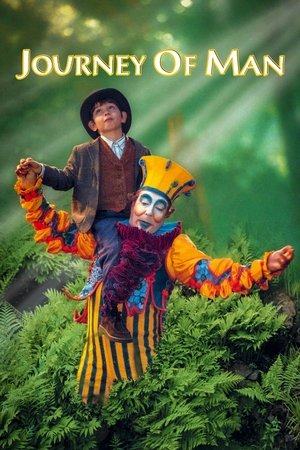 7.1
7.1Cirque du Soleil: Journey of Man(en)
A child is born. We see underwater swimmers representing this. He is young, in a jungle setting, with two fanciful "instincts" guiding him as swooping bird-like acrobats initially menace, then delight. As an adolescent, he enters a desert, where a man spins a large cube of metal tubing. He leaves his instinct-guides behind, and enters a garden where two statues dance in a pond. As he watches their sensual acrobatics of love, he becomes a man. He is offered wealth (represented by a golden hat) by a devil figure. In a richly decorated room, a scruffy troupe of a dozen acrobats and a little girl reawaken the old man's youthful nature and love.
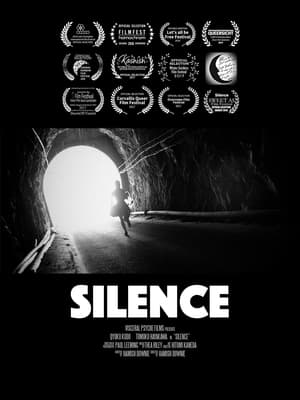 0.0
0.0Silence(xx)
After being discovered trying to escape, a woman must survive the night with her abusive girlfriend.
 6.9
6.9Three Little Pigs(en)
The two pigs building houses of hay and sticks scoff at their brother, building the brick house. But when the wolf comes around and blows their houses down (after trickery like dressing as a foundling sheep fails), they run to their brother's house. And throughout, they sing the classic song, "Who's Afraid of the Big Bad Wolf?".
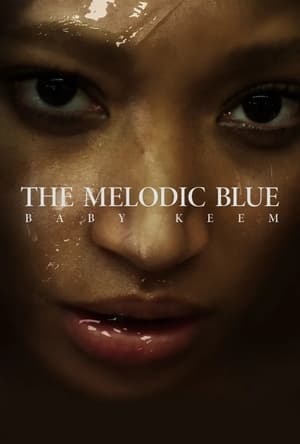 6.7
6.7The Melodic Blue: Baby Keem(en)
Keem's internal battle leads us through fragments of memory and temptation as he navigates the depths of The Melodic Blue.
 5.0
5.0Be-In(en)
Captures the spirit and essence of the great San Francisco Human Be-In of January 14, 1967. Ten thousand people imbued with peace, love and euphoria. Set to hard rock such as only San Francisco blues can produce. BE-IN contains Allen Ginsberg, Lawrence Ferlinghetti, Timothy Leary, Michael McClure, Lenore Kandel and Buddha. Music by Blue Cheer.
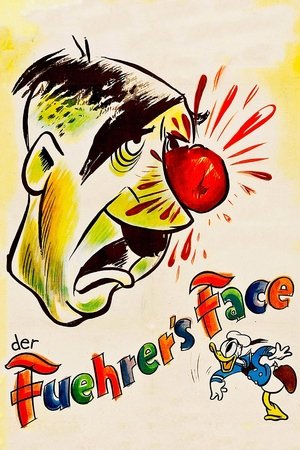 6.9
6.9Der Fuehrer's Face(en)
A marching band of Germans, Italians, and Japanese march through the streets of swastika-motif Nutziland, serenading "Der Fuehrer's Face." Donald Duck, not living in the region by choice, struggles to make do with disgusting Nazi food rations and then with his day of toil at a Nazi artillery factory. After a nervous breakdown, Donald awakens to find that his experience was in fact a nightmare.
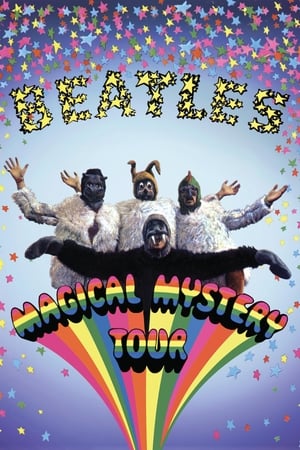 6.5
6.5Magical Mystery Tour(en)
While on a coach tour, The Beatles and a few dozen friends experience strange happenings caused by magicians.
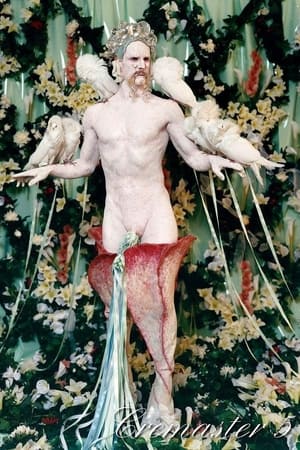 6.1
6.1Cremaster 5(hu)
Cremaster 5 is a five-act opera (sung in Hungarian) set in late-ninteenth century Budapest. The last film in the series, Cremaster 5 represents the moment when the testicles are finally released and sexual differentiation is fully attained. The lamenting tone of the opera suggests that Barney invisions this as a moment of tragedy and loss. The primary character is the Queen of Chain (played by Ursula Andress). Barney, himself, plays three characters who appear in the mind of the Queen: her Diva, Magician, and Giant. The Magician is a stand-in for Harry Houdini, who was born in Budapest in 1874 and appears as a recurring character in the Cremaster cycle.
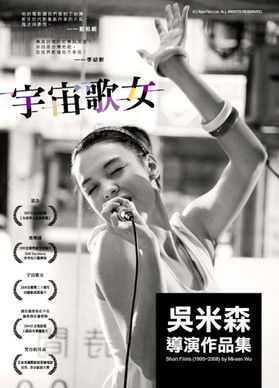 5.0
5.0Diva Viva(cn)
Once upon the time on a small island named Taiwan, a neighborhood magistrate receives a secret message from space. 'The apocalypse is near...' the magistrate warns his people, however nobody seems to take his words seriously...
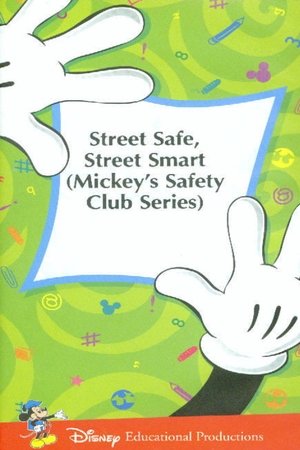 9.3
9.3Mickey's Safety Club: Street Safe, Street Smart(en)
Mickey and his friends take a close look at important street safety situations and tips.
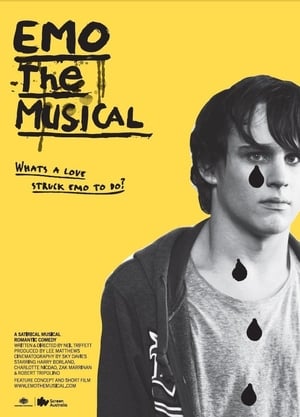 6.6
6.6Emo (The Musical)(en)
When Ethan, an Emo kid who hates almost everything, falls in love with Trinity, a good Christian girl with a passion for life and her Lord Jesus Christ, will they be able to live happily ever after?
